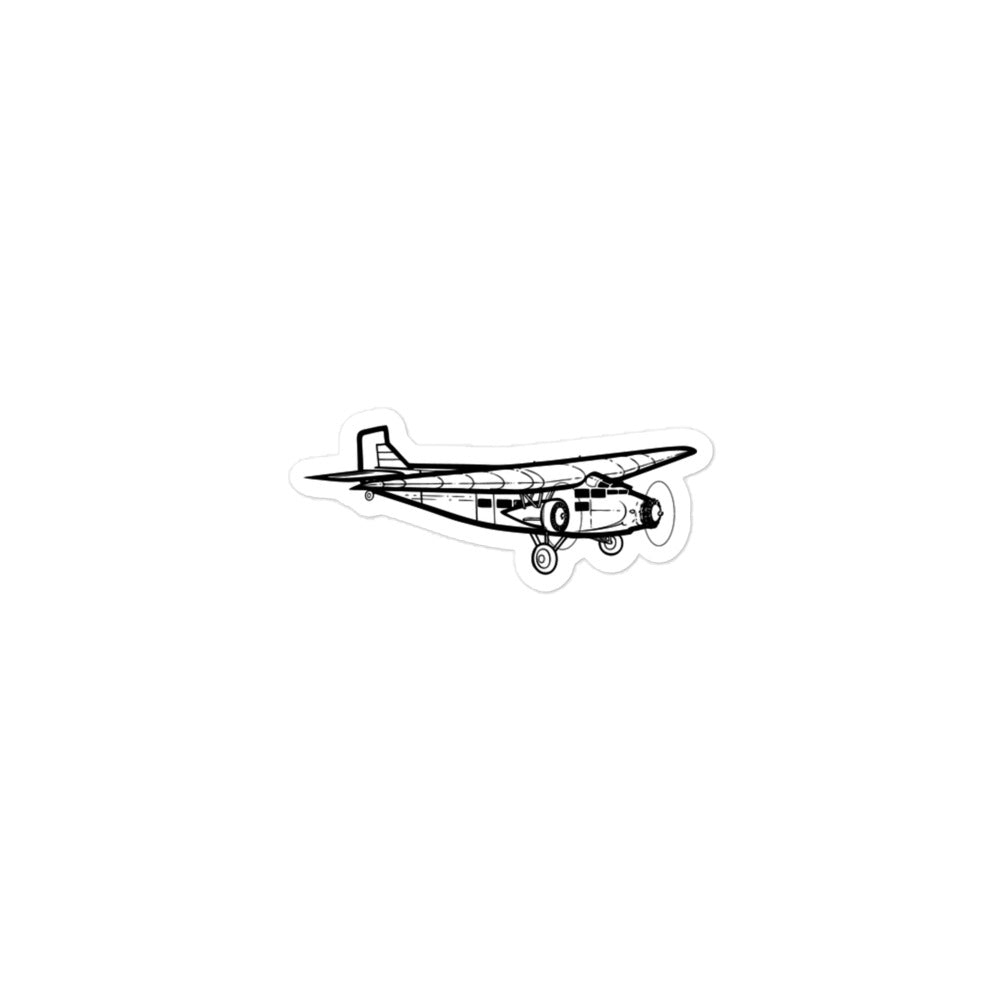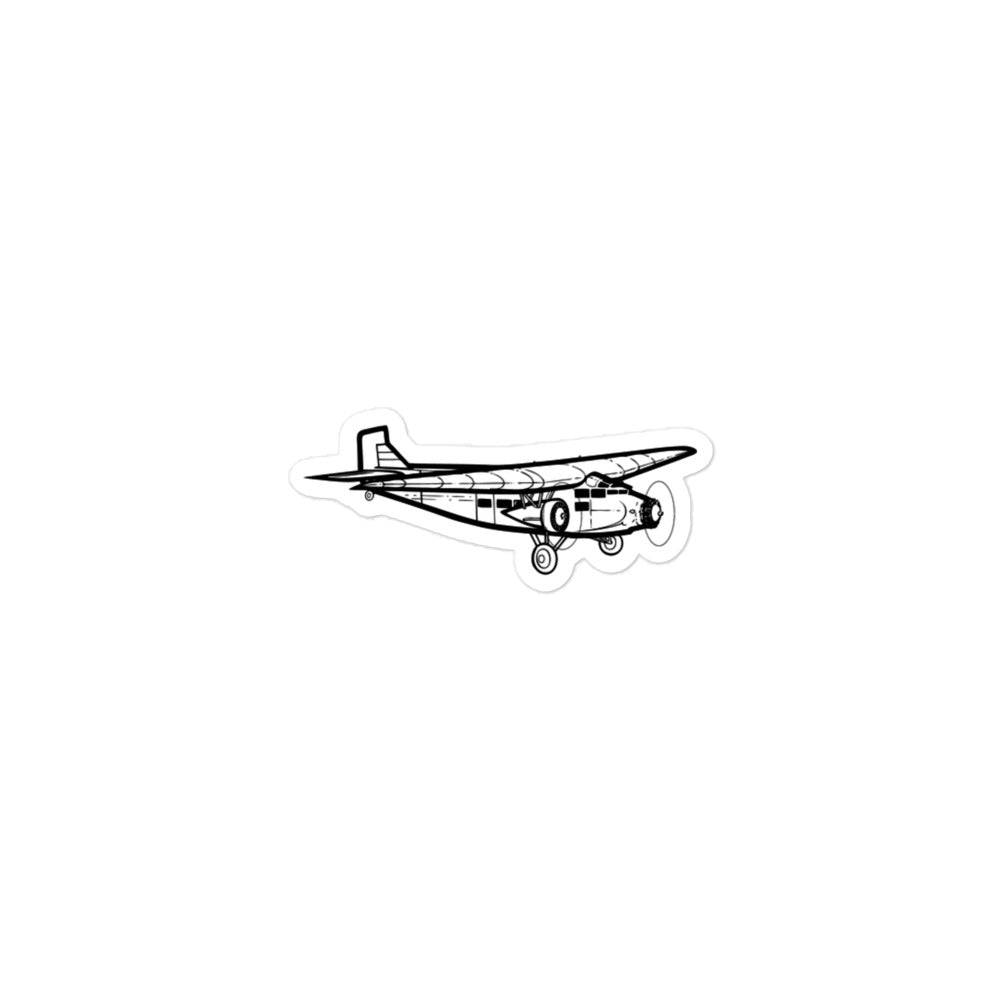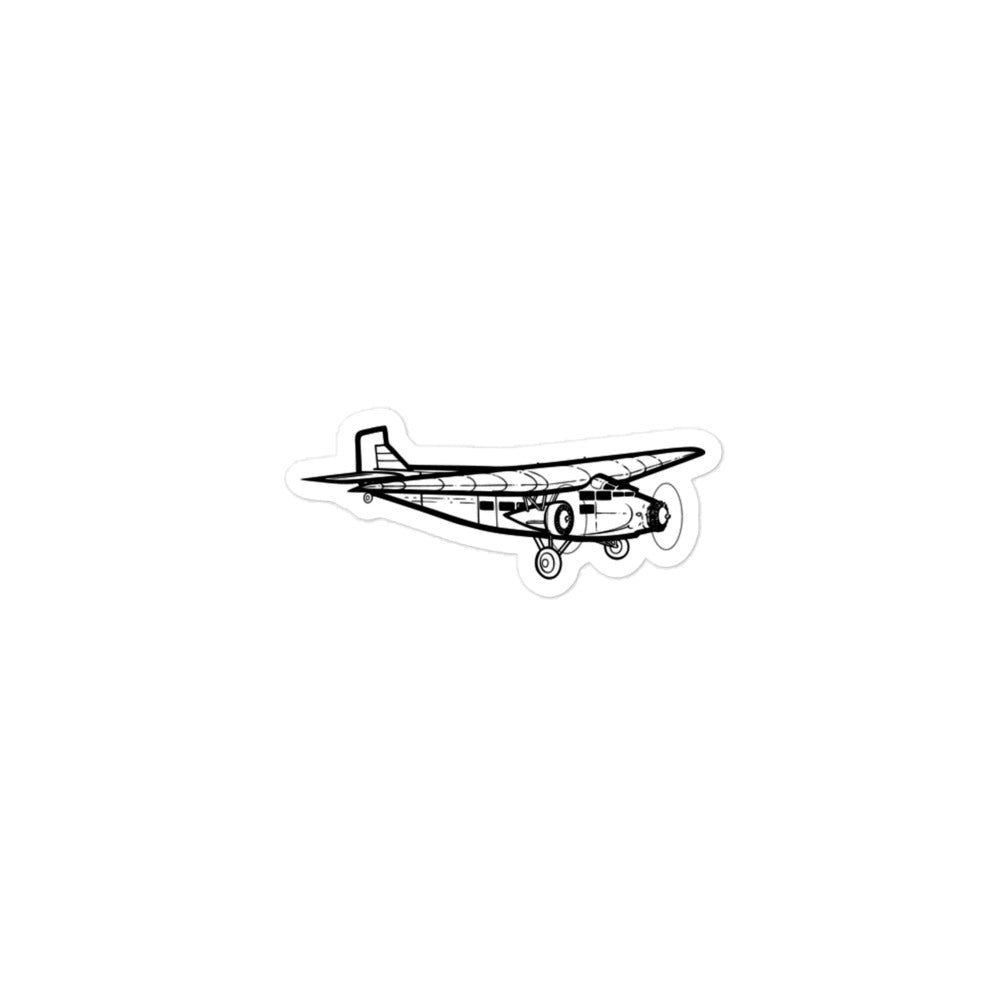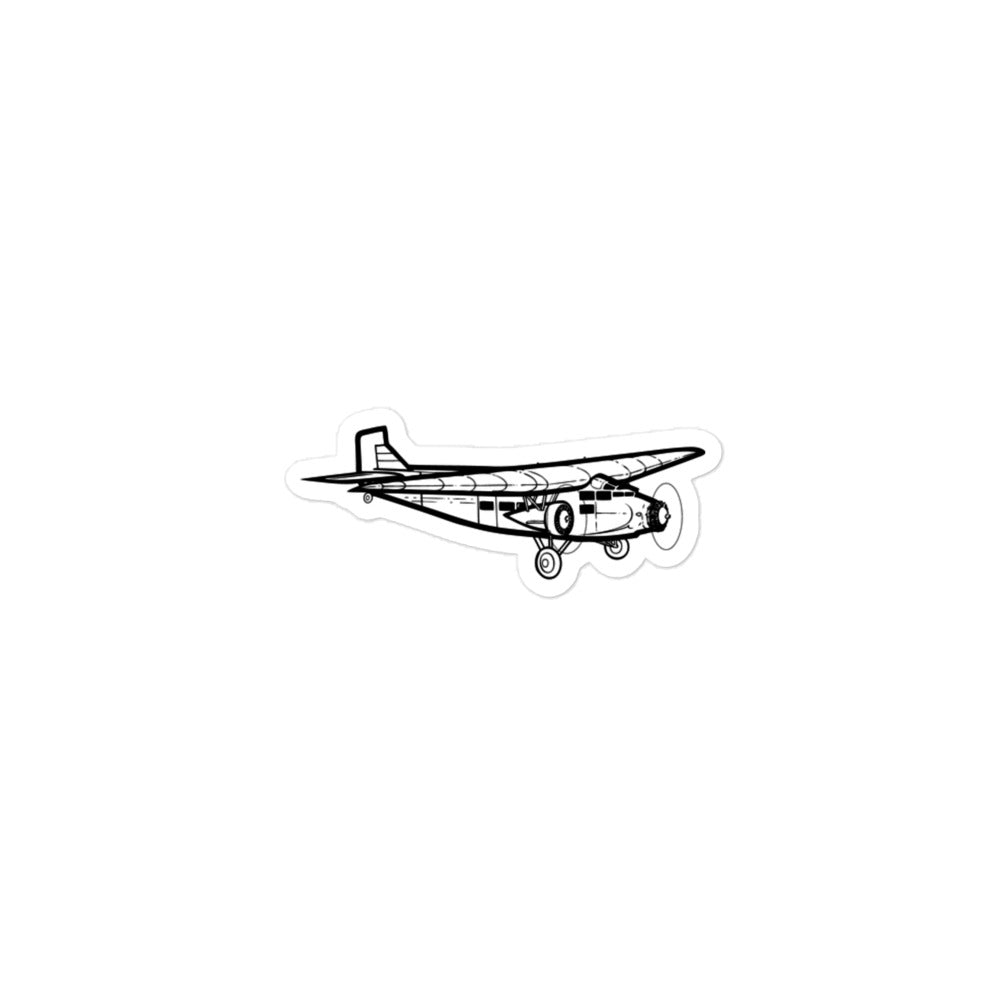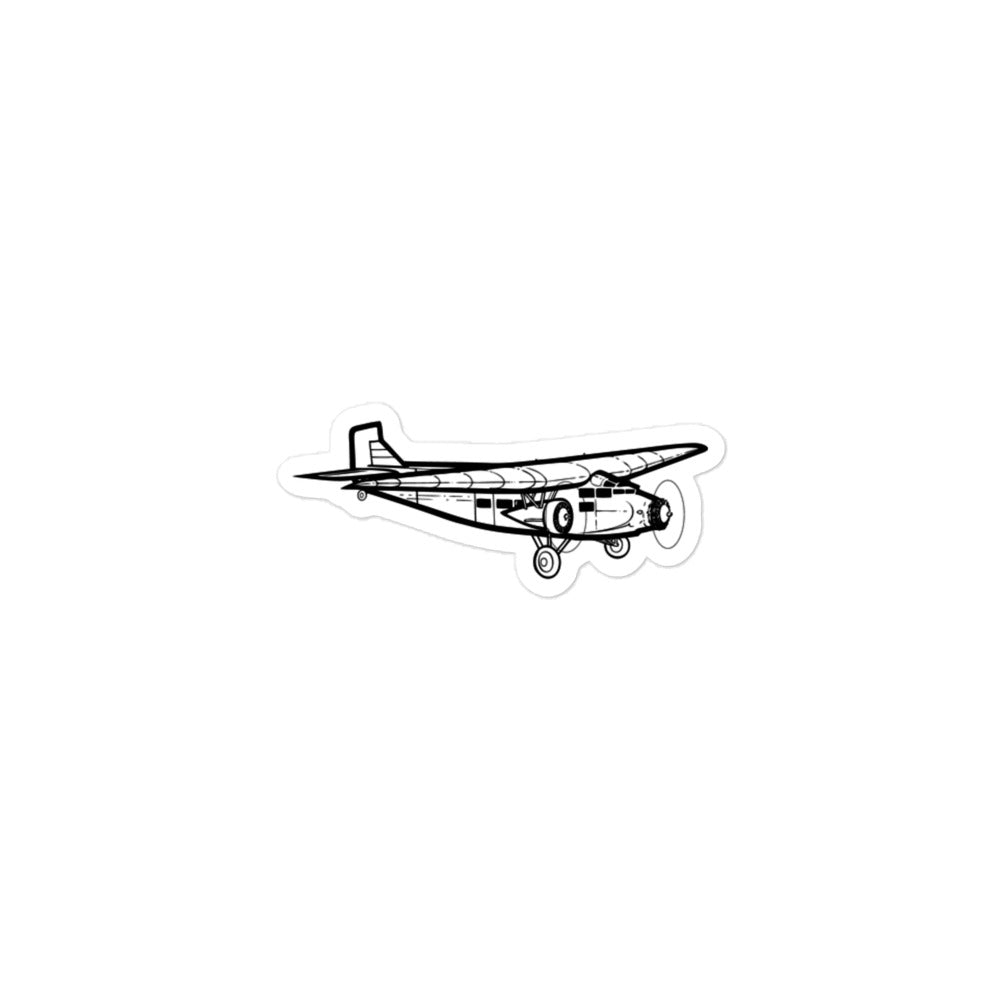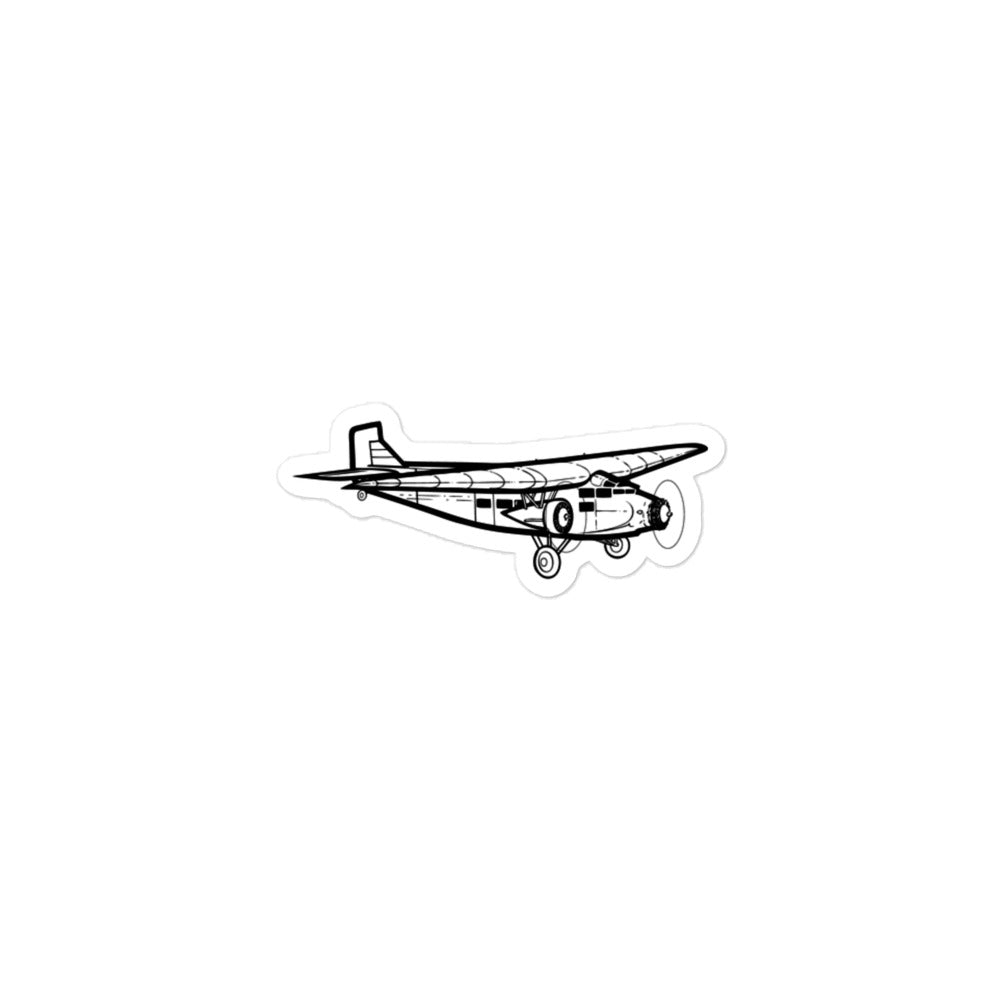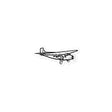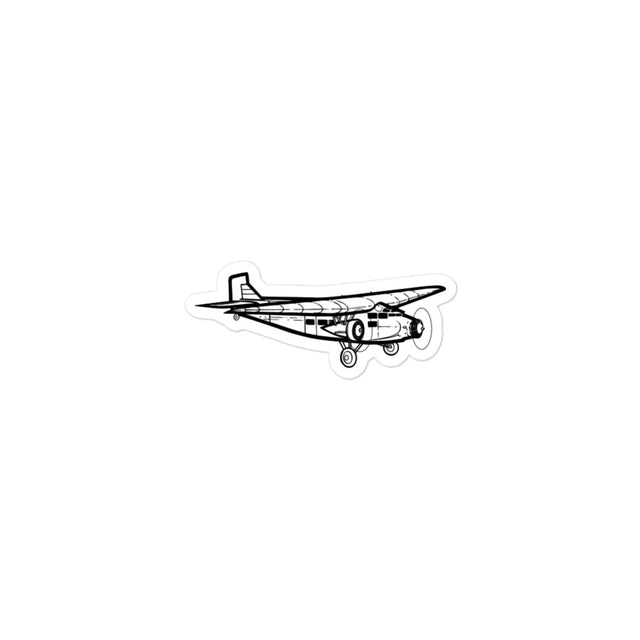The Ford Tri-Motor, also known as the 'Tin Goose,' is an iconic piece of aviation history that revolutionized air travel in the late 1920s and early 1930s. Manufactured by the Ford Motor Company, this aircraft was among the first to be constructed entirely of metal, marking a significant advancement in aircraft design. With its three powerful engines, it offered unprecedented reliability and performance for its time, making it a favorite among airlines for passenger service. The Tri-Motor helped to lay the foundation for the modern air travel industry, proving that air travel could be both safe and profitable. It served a variety of roles, from carrying passengers across the country to exploring uncharted territories. The Ford Tri-Motor's rugged construction and versatility also made it popular for use in remote areas, where its ability to take off and land on rough fields was invaluable. Its legacy is celebrated by aviation enthusiasts around the world, and several examples are still flown at air shows today, continuing to captivate audiences with its timeless design and pioneering spirit.
• High opacity film that’s impossible to see through
• Fast and easy bubble-free application
• Durable vinyl
• 95µ density
Don't forget to clean the surface before applying the sticker.
This product is made especially for you as soon as you place an order, which is why it takes us a bit longer to deliver it to you. Making products on demand instead of in bulk helps reduce overproduction, so thank you for making thoughtful purchasing decisions!
• High opacity film that’s impossible to see through
• Fast and easy bubble-free application
• Durable vinyl
• 95µ density
Don't forget to clean the surface before applying the sticker.
This product is made especially for you as soon as you place an order, which is why it takes us a bit longer to deliver it to you. Making products on demand instead of in bulk helps reduce overproduction, so thank you for making thoughtful purchasing decisions!

